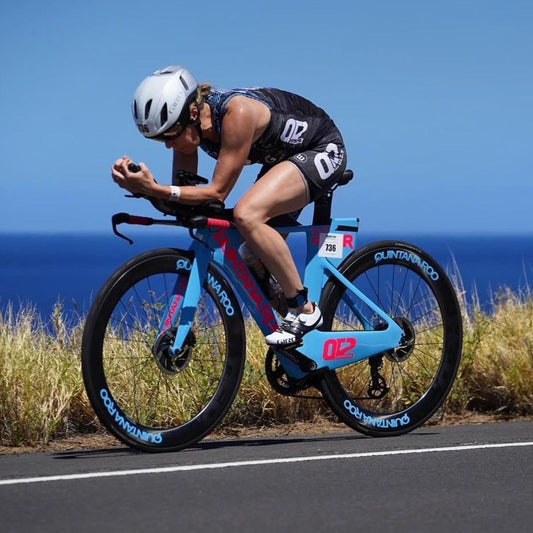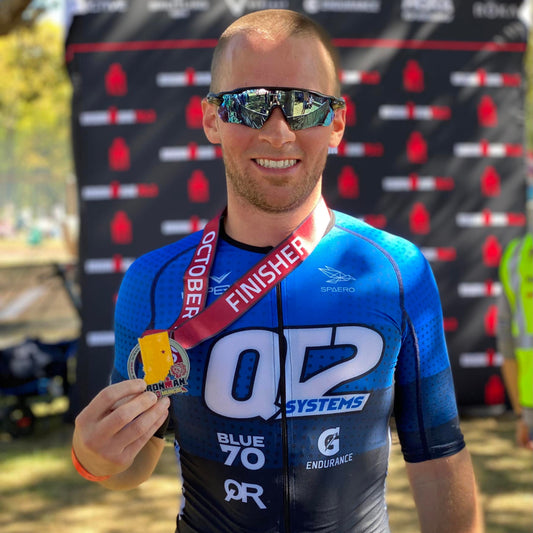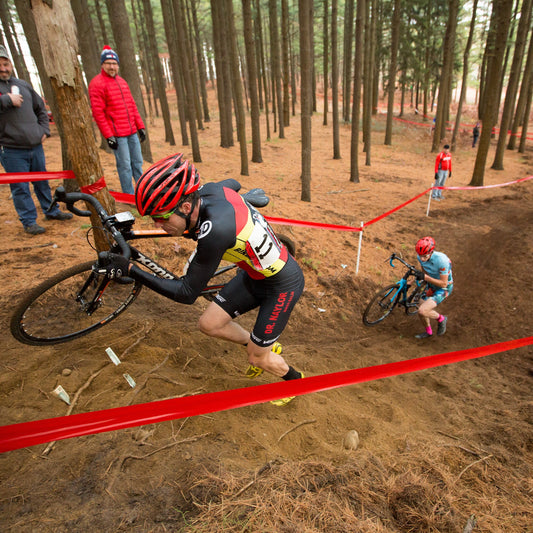How many times did we hear "cry me a river" growing up? I know I did, a lot; my dad was a "rub some dirt on it" kind of guy. We were taught to move on, and move on quickly. There are multiple deliveries of the same saying ("get over it," "toughen up", "let it go" etc.) and I often met those expressions with an eye roll. Never did I think those childhood moments would come back and play a pivotal role in my adult sport life (if you want to call it that).
Mental toughness (or sometimes lack thereof) is something we see all the time in sports: golf, football, basketball, and yes, even triathlon.
In golf, even an athlete at the top of his/her game will miss an easy putt end up with a three putt - damn! Then on the next hole, pulls out a driver and "goes for it" on the next fairway. Now, more times than not the player deep down knows he/she should play it smart - hit three wood, put it in the fairway, and "move on" from the put he/she just screwed up. But...Nope! Let's get that shot back that we lost on the last green ASAP regardless if that was the "right" thing to do. In basketball, it's the same story. You miss the layup at one end and think, "CRAP! I NEVER MISS A LAYUP! " Bound and determined to get those "points back", the player will play harder and more aggressively, and nine times out of ten get a foul, sending the opposite team to the foul line.
What do these stories have in common? The athletes in both situations let the small things become big things (e.g. these small rivers became big oceans) that took over the game and the athletes couldn't recover.
Now to endurance sports or triathlon. Yup - same story here. One thing I preach to my athletes is rolling with the punches and compartmentalizing the race. Now the hard part, how do we do that? Well, here are a couple things I suggest:
- Control what you can control. Nutrition, pacing, general attitude is something each one of us have individual control over. You can never control the wind, heat, humidity, rain, or even snow. It's also important to realize that not every day is going to be your day.
- Always be gathering data points. Think it's windy, ask someone you're biking next too. Think the swim was long or rough, ask another athlete around you in transition. Power a little lower, well, are you riding into a head wind?
- Break the race down into manageable portions. Break the swim down buoy to buoy, or count strokes. Break the bike course down into segments, and think "ok, from mile 10-20, focus on cadence and heart rate". On the run, think about running your pace to the next aid station.
- For gosh sakes, practice the active thought of "crying rivers" and not "crying oceans" during training. Rides with transition runs are great way to practice. Can't hit your numbers in a ride, or if those numbers are a lot lower than previous marks? Cool. The ride is over and now its time to run - so you better get out there and start running.
This post was written by former QT2 Coach, Brad Strater.





